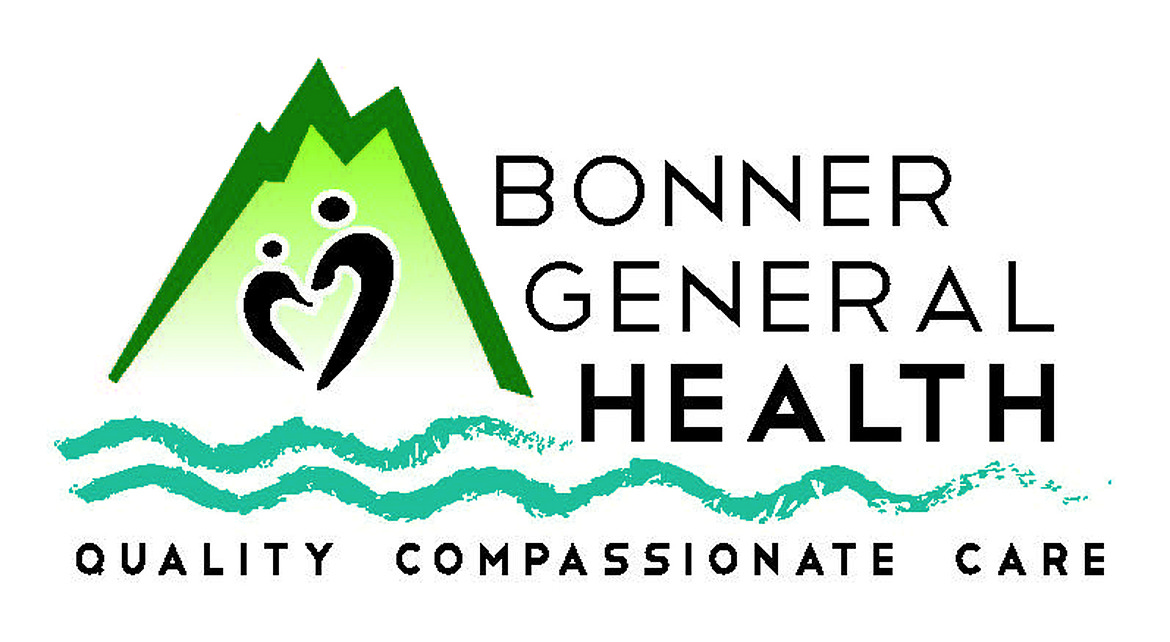It's National Immunization Awareness Month: Let’s talk about vaccination safety
Many people are reluctant to be or to allow their children to be vaccinated. These folks have a multitude of reasons for their beliefs, and I refuse to dispute their decisions. However, if the fear is centered around the safety of immunizations, I’m here today to make you aware of the safeguards that are required by law to ensure the vaccines we receive are safe.
“The safety of vaccines is thoroughly studied before they are licensed for public use,” The Centers for Disease Control and Prevention’s website says. “Clinical trials are conducted to evaluate the safety and effectiveness of a vaccine before it can be brought to market.”
The first step is testing performed in a laboratory, followed by animal studies. Only if the results indicate the vaccine is safe will it be tested on people. These three steps must be completed before the Food and Drug Administration can approve the vaccine.
These steps, however simple sounding, can take 10 years or longer before being presented to the FDA. Testing on human subjects involves a three-phase process growing the number of participants from just twenty or so volunteers to several hundred or several thousand volunteers.
“The purpose of phase one is to evaluate basic safety and identify very common reactions. Data gained from phase two trials can be used to determine the composition of the vaccine, how many doses are necessary, and a profile of common reactions,” the CDC says.
The participants in phase three, which is the trial that can take several years, are compared to those who have not received the vaccine. In this phase of the study, researchers are able to identify true reactions.
“Multiple systems are used to monitor the safety of vaccines after they have been licensed for public use. These systems, such as the Vaccine Adverse Event Reporting System (VAERS), the Vaccine Safety Datalink (VSD), and the Clinical Immunization Assessment (CISA) project, complement each other and help scientists monitor the safety of vaccines and conduct vaccine safety research.
Let’s let the CDC briefly explain these: “VAERS is an early warning system that helps CDC and FDA monitor problems following vaccination. Anyone can report suspected vaccine reactions and issues to VAERS.
“VSD is a collaboration between CDC and several health care organizations that allows ongoing monitoring and proactive searches of vaccine-related data. CISA Project is a partnership between CDC and several medical centers that conduct clinical research on vaccine-associated health risks in certain groups of people.”
And there’s a fourth system called Emergency Preparedness for Vaccine Safety. This group goes into action in the event of a disease outbreak that results in a mass vaccination campaign. Think Covid-19. When this occurs, the CDC activates emergency preparedness activities to ensure that vaccines remain safe.
It’s important to know that studies don’t stop as soon as the FDA approves vaccines. The CDC says post-licensure safety studies are conducted after the vaccine is approved and in use. “These studies are part of continuous vaccine safety monitoring and often look at populations that might be underrepresented in clinical trials. Importantly, these studies can look for rare adverse events.”
Even though vaccines are the best defense we have against infectious diseases, they aren’t 100% safe or effective since every person’s body reacts to a vaccine differently. But with that said, we’ve eradicated smallpox thanks to vaccines. We’ve nearly eliminated polio, mumps, measles, rubella and Guinea worm (a parasite that can leave children unable to walk).
“The number of people who experience the devastating effects of preventable infectious diseases like measles, diphtheria and whooping cough is at an all-time low. To ensure the continued success of vaccines in the United States, it’s crucial to make sure that vaccines are safe,” the CDC says. They also say that this importance will continue throughout the century.
“The development and licensure of new vaccines will add to the already robust immunization schedule. Scientists could also perfect new ways of administering immunizations, including edible vaccines and needleless injections,” the CDC says. “However they are formulated or delivered, vaccines will remain the most effective tool we possess for preventing disease and improving public health in the future.”
Kathy Hubbard is a member of the Bonner General Health Foundation Advisory Council. She can be reached at kathyleehubbard@yahoo.com.



